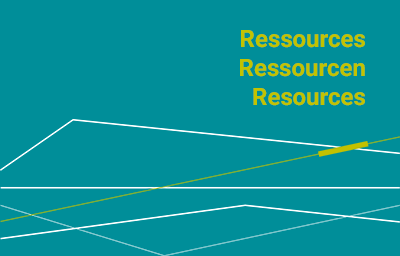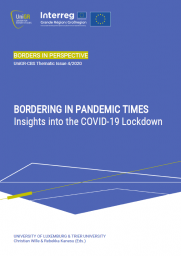Borders in Perspective Vol. 5
In and with this new issue of Borders in Perspective we invite you to engage in productive boundary work and encourage you to critically examine the relationship between nature and culture in the Anthropocene. In the current geological epoch of the Anthropocene, in which humankind is seen as the central driving force for global changes in ecological systems, seemingly secure boundaries between nature and society are on the one hand dissolving and on the other hand being redrawn elsewhere. The boundaries between society and nature, science and politics or individual disciplines are no longer clearly and easy to define. In view of pressing phenomena such as climate change, the loss of biodiversity and growing social inequalities, cross-border research is needed - research that does not stop at disciplinary boundaries, but transcends them. This issue is therefore intended to provide an impetus for exploring boundary phenomena in the relationship between nature and society, which have so far not been the focus of border studies. The authors of the new issue of Borders in Perspective, for example, examine the various ways in which borders are drawn and dissolved in the Anthropocene from multiple perspectives and multidisciplinary directions.



